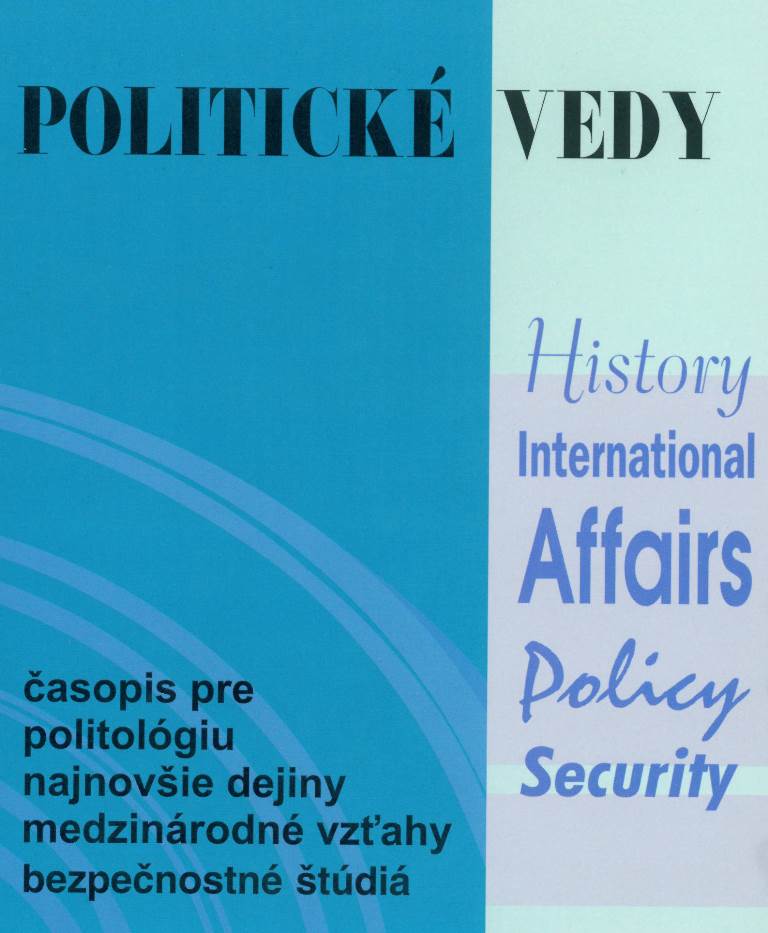Integration Policy as a Challenge for European Cohesion
Integration Policy as a Challenge for European Cohesion
Author(s): Monika BanaśSubject(s): Political Theory, Politics and law, Comparative politics, Asylum, Refugees, Migration as Policy-fields
Published by: Univerzita Mateja Bela
Keywords: migrants; migration ;integration policy; European cohesion;
Summary/Abstract: The article analyses European cohesion from the perspective of integration policies employed by selected European states. The cases of the United Kingdom, Denmark, and Finland constituting the core of the analysis have been chosen due to Brexit (UK), rigidifying of integration practices after 2015 (Denmark) and an ad hoc approach in integration policy planning (Finland). Existing social, cultural, and political differences and similarities in Europe constitute both opportunities and challenges for European cohesion at the beginning of the 21st Century. This may considerably affect the future role of Europe in the international context as regards agency, competitiveness and innovation. The methodology applied in the study included qualitative in-depth analysis of official government documents, NGOs’ publication, reports from EU institutions and statistical data provided by Eurostat. Major findings from the analysis comprise recommendation to increase integration policy effectiveness by enhanced participation of migrants (including refugees) in the labour market, altered education of civil society, and intensified supra-regional cooperation. This may strengthen European capacity as an international actor and reduce the risk of “the fate of Roman Empire” for the European Union.
Journal: Politické vedy
- Issue Year: 25/2022
- Issue No: 2
- Page Range: 8-33
- Page Count: 26
- Language: English

